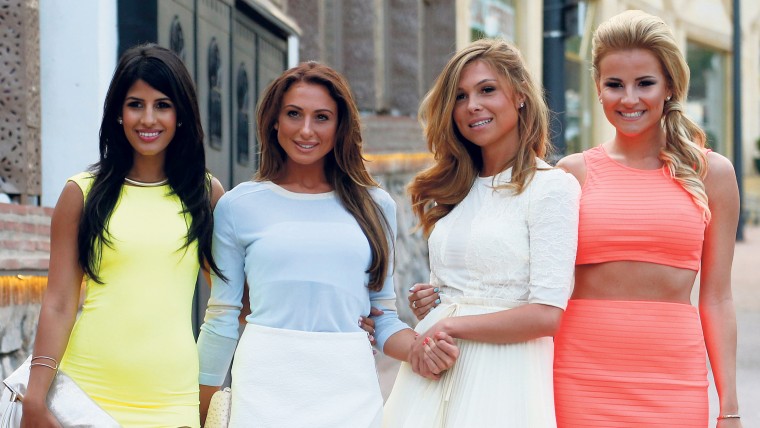A smile is a good thing, a happy thing, a positive thing; we know this, because it is hardwired into our brains. We smile when we see loved ones and they smile back.
These days, though, what is really seen as a good thing is a good smile, one that displays teeth that are white and even. And increasingly this is what we want and are prepared to pay for.
Even though the state of British teeth is no longer an international joke, almost one fifth of the population feel the need to conceal their teeth in photographs, according to researchers at Mintel. Put that together with our desire for a better smile and it’s easy to see why business is booming for cosmetic dentists. In fact, a recent study suggests that the British cosmetic dental market will grow by 21 per cent in the next five years.
If someone has a strong smile, you feel they are a strong person and that is very attractive
“It is becoming more and more culturally unacceptable to have discoloured, missing and crooked teeth,” says Dr Mark Hughes, founder and clinical director of the Harley Street Dental Group. “Almost 50 per cent of us believe that a great smile is the most important feature in making a great first impression.”
Several factors are driving this. “Celebrities show people what can be achieved with dental work,’” says Dr Hughes. “We’re all trying to preserve our youth and one of the most effective ways is to invest in maintaining a great smile or enhancing one that is breaking down. Then there is the old medical saying that the mouth is the mirror of the body, and medical research increasingly shows that having healthy teeth and gums is important for maintaining general health.”
[embed_related]
Dr Christopher Orr, past president of the British Association of Cosmetic Dentistry and director of postgraduate education at Advanced Dental Seminars, concurs. “Ten years ago, white teeth were still relatively uncommon, but the tide has turned and we now see yellow teeth as the thing that stands out. Some of the comments on social media sites during the recent election campaign about a certain politician’s unacceptably yellow teeth shows just how much our attitudes have changed in recent years.”
Still, people want to keep their smiles real. “My patients often mention the gleaming white teeth of the reality TV star as something they definitely don’t want; they want something that looks believable.”
As Dr Orr points out, it is becoming more socially acceptable among older people to admit to having had aesthetic skin treatments and minor plastic surgery. Many will also disclose when they’ve bleached their teeth, though some are still cagey about it. “But our younger patients are the opposite,” he says. “They are very prolific users of social media and will post selfies of themselves in the dental chair.”

The white smiles of stars on TV shows like The Only Way Is Essex may influence young people to get their teeth whitened
Just why it is so important to have a good smile is because when people have a lovely smile you warm to them, according to psychotherapist and novelist Lucy Beresford. “Any child can tell you that when mummy smiles it is so much nicer than when she frowns,” she says. “A good smile is also a powerful thing. In the animal kingdom, bared teeth is a sign of warning or dominance. In a mixed-up way, if someone has a strong smile, you feel they are a strong person and that is very attractive.”
Another thing that’s hardwired into our brains is that teeth mean youth. “Having good teeth is a sign of youth and fertility,” says Ms Beresford, “so if you have a great smile, the chances are that you are younger than the toothless crone in the corner – in our psyche, good teeth equal fitness and vitality.”
Another big change in the UK is how much people are prepared to spend on their teeth. How much people will pay depends on what is being done, as Dr Hughes points out. “Tooth whitening is the entry-level treatment and costs from £200 upwards. Orthodontic treatments average £3,000 to £5,000. A full set of veneers can cost between £8,000 and £20,000, and a total mouth rehabilitation is even more.”
It seems that we are catching up with the United States in viewing our teeth as an investment worth making. But, as Dr Orr points out, we are more reserved than both North Americans and Europeans when it comes to talking about it.
“What’s different about the American attitude to teeth is the paradigm of what is considered to be beautiful,” says Dr Hughes. “In the UK, we are much more in favour of a beautiful natural smile with small degrees of imperfection to allow the smile to look stunning yet real.” And that, surely, is a good thing.



